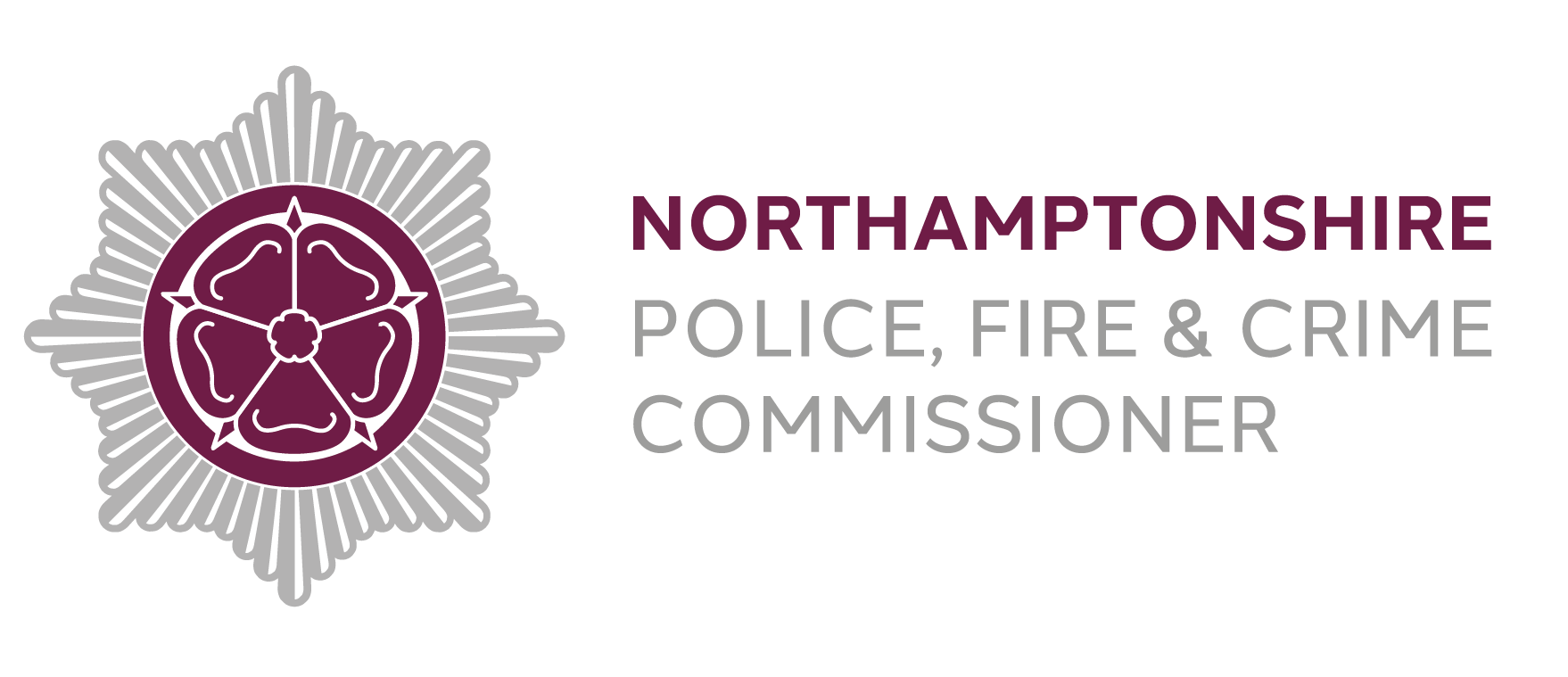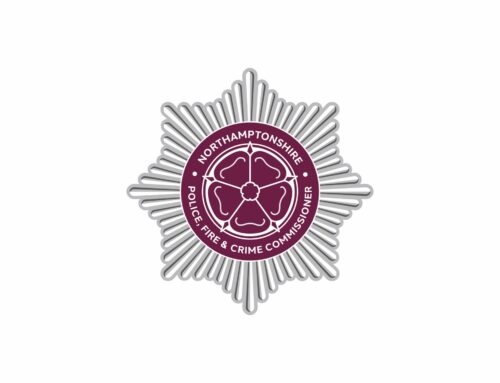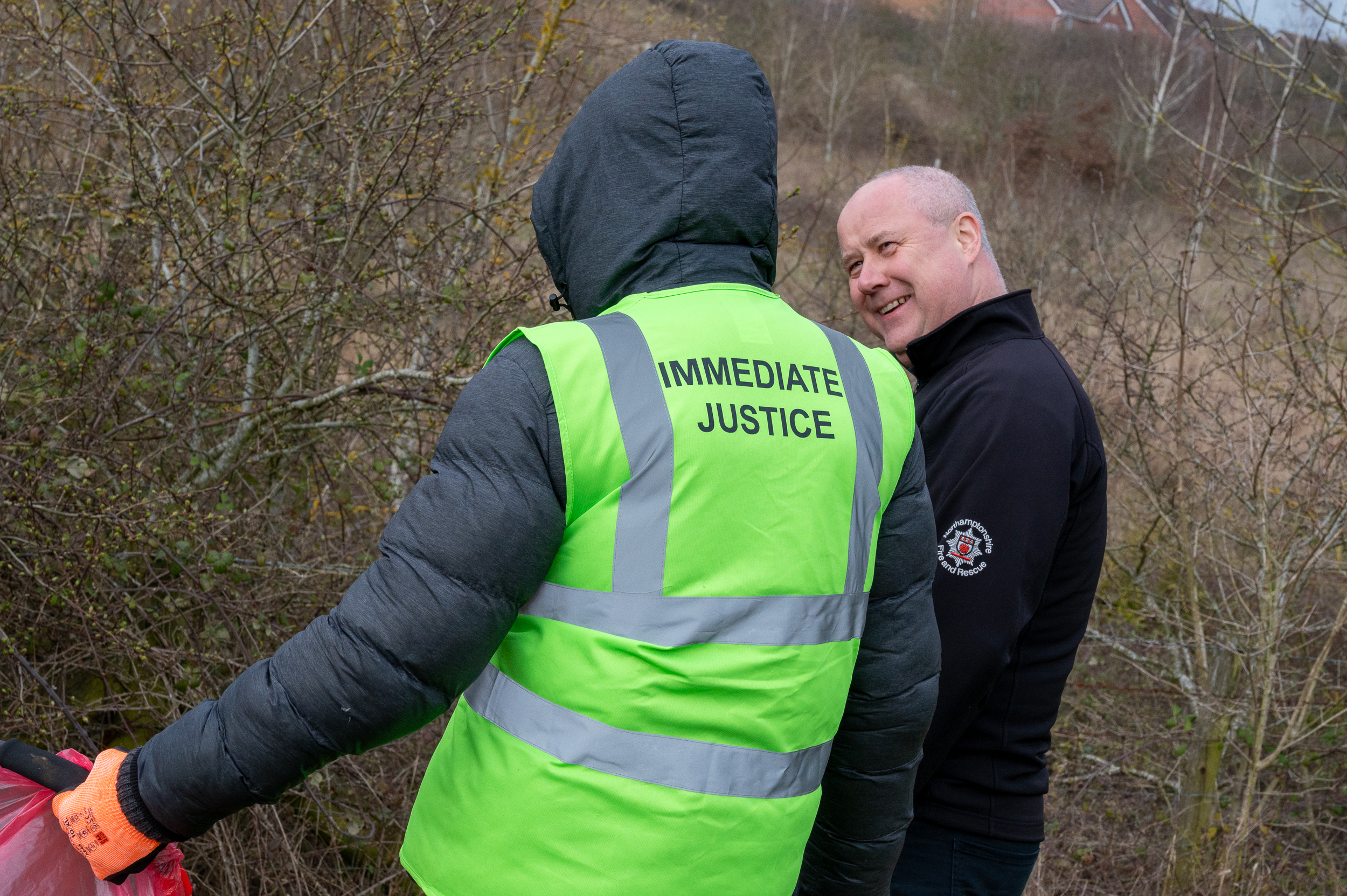
Anti-social offenders have been out in their communities to repay the damage they have done as the Immediate Justice scheme continues to accelerate in Northamptonshire.
The Immediate Justice scheme means that adults found committing anti-social behaviour can be made to repair the damage they have inflicted by being made to pick up litter, remove graffiti or carry out other environmental improvements in the areas where they have offended.
In the last month, there have been 11 further referrals to the scheme, almost double the number of cases in the first two months after its December launch.
The scheme is being trialled in Northamptonshire, one of just 16 pilot areas in the country, following successful lobbying for Home Office funding last year by Stephen Mold, the Northamptonshire Police, Fire and Crime Commissioner.
The pilot was visited by Home Office officials this week, who went to see the scheme delivered first hand by Immediate Justice Supervisors who sit within the Commissioner’s office.
The officials were accompanied by the Supervisors as well as the Commissioner in a visit to see a 23-year-old man, who had been found in the possession of cannabis, carry out four hours of litter picking in Corby. The young man told Supervisors that he had found the session of value.
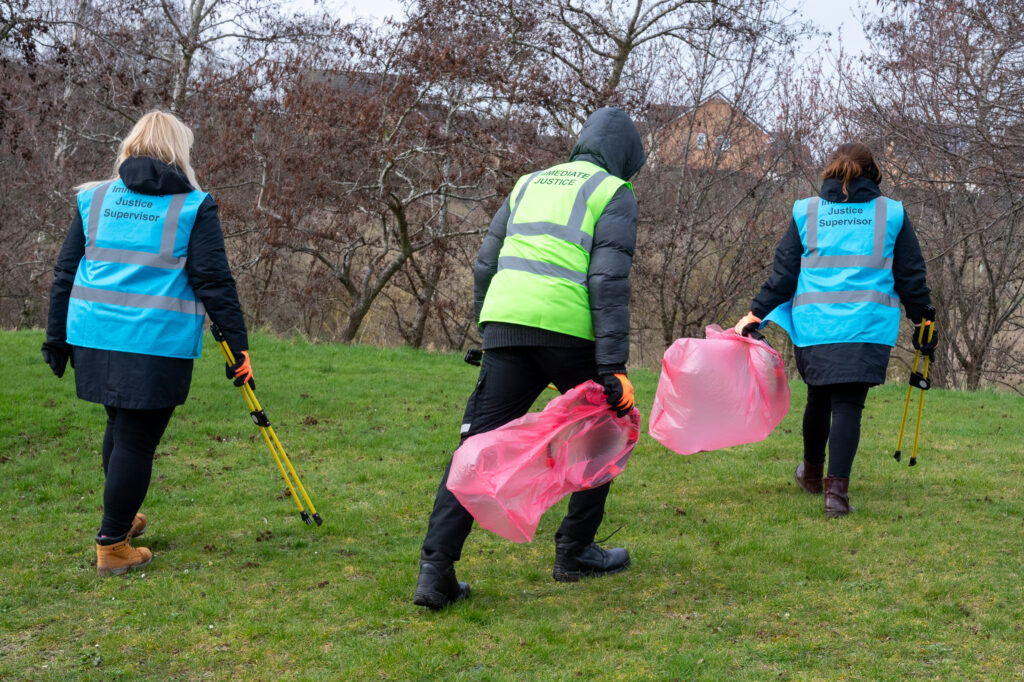
In various Immediate Justice sessions so far, members of the public have enquired about the scheme and have also responded positively after seeing it in action.
Immediate Justice is the start of a huge programme of works to crackdown on anti-social behaviour in the county.
Last month it was announced that Northamptonshire Police would receive at least £1 million from the Home Office to help deploy extra uniformed patrols in anti-social ‘hotspot’ areas. The new patrols will help the Force to tackle behaviour such as drug taking, criminal damage, public nuisance, shoplifting and dealing with drunk and disorderly people.
Feedback from local residents has consistently highlighted that anti-social behaviour is one of the main concerns for people across the county, and this extra funding means that £3 million has now been invested in tackling this behaviour in Northamptonshire in the last two years.
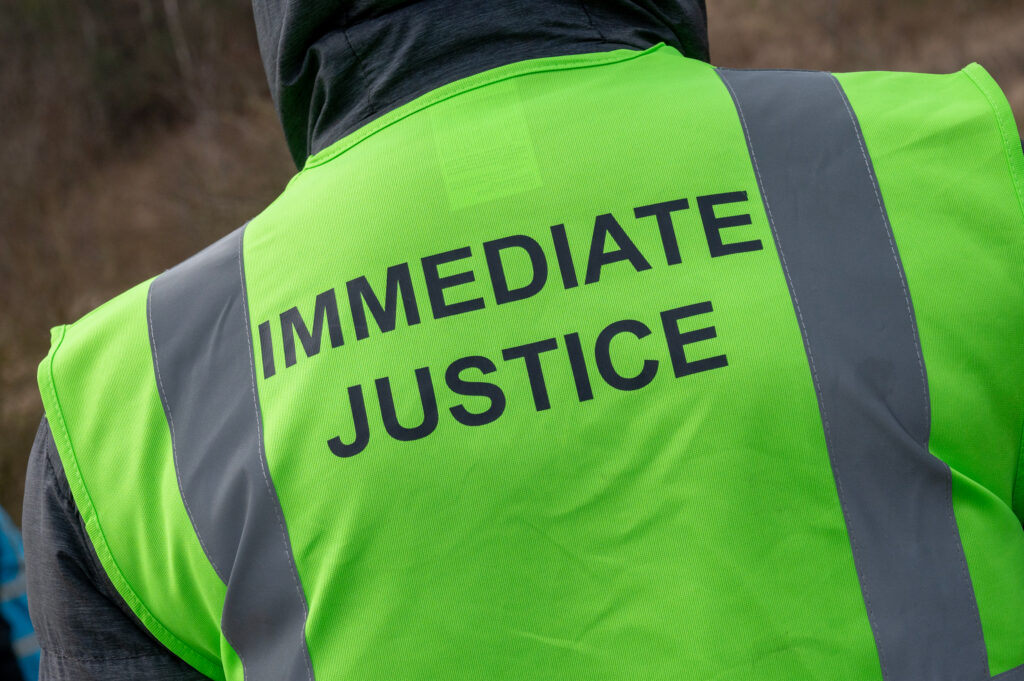
The crackdown is also a priority for the Commissioner, and Stephen Mold said: “It’s been great to see Immediate Justice already having an impact in the community. We’ve had some really positive feedback from not just members of the public seeing the reparative work taking place, but also from the offenders themselves.
“It was fantastic to welcome the Home Office to see the scheme delivered in person, and also discuss with them how we will be continuing to clamp down on anti-social behaviour in the hotspot patrol trial that will be starting in April.
“I know anti-social behaviour can have a very negative impact on local areas and make people feel unsafe. I know this is a pressing issue for residents across the whole county, and hopefully they will start to see more visibility in problem areas and feel more confident that we are addressing this.”

Chief Constable Ivan Balhatchet added: “We know that anti-social behaviour is an emotive subject for many, and it is a priority for Northamptonshire Police to tackle this kind of activity which we know has a big impact on people’s lives.
“Both Immediate Justice and the enhanced hotspot patrols that residents will see later in the year will help us to tackle some of those problems, improve the quality of life for local people and make our communities safer places to live.”
